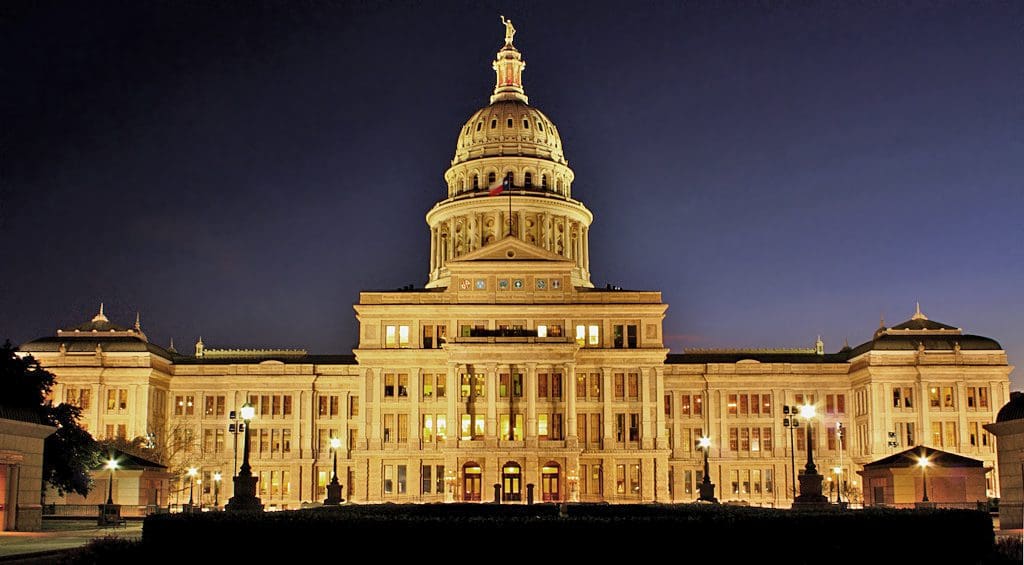Soon Texas taxpayers will have more control over their skyrocketing property taxes.
Just two days before the end of the 86th legislative session, the Texas House and Senate voted to give final approval to two of the highest-profile bills of the session—Senate Bill 2 and House Bill 3.
Senate Bill 2, now known as the Texas Property Tax Reform and Transparency Act, differs significantly from the version first proposed by Gov. Greg Abbott, Lt. Gov. Dan Patrick, and House Speaker Dennis Bonnen in the early weeks of the session. While originally the bill would require any taxing entity to have voter approval to raise property tax revenues by more than 2.5 percent, the version approved this weekend now sets that voter approval rate at 3.5 percent. An automatic election is triggered when taxing entities, with a number of exceptions, raise the rate at which a property is appraised and taxed.
New additions to the bill also include counties being no longer required to include the costs of indigent legal defense and county hospitals into that calculation. Taxing entities are now allowed a “de minimis” exemption of $500,000 of new revenue to not be included in the cap, and now exempts many smaller cities and counties from some of the most stringent, taxpayer-friendly controls contained within the bill.
School districts, who comprise the majority of the average Texan’s property tax bill, will be subject to a 2.5 percent cap. That mechanism, however, will not take effect until 2021.
When the vote was taken for final approval in the House, it passed 88-50, with a majority of Democrats opposing the tax reform plan.
In the Senate, the story was much the same, with every Republican supporting the measure along with two Democrats. It passed that chamber 21-9.
State Sen. Paul Bettencourt (R–Houston), who has been fighting for property tax reform for sixteen years, said 7 million Texas taxpayers would be “sleeping the sleep of the saved” after the bill was approved.
“This is a journey I started on with Lt. Gov. Patrick and 300 other taxpayers when we came to the Texas Capitol in 2003 as constituents to ask for property tax relief,” said Bettencourt. “It’s the first major property tax reform in nearly four decades, and that says it all.”
Meanwhile, House Bill 3—the session’s $11.6 billion school spending bill—passed out of both chambers unanimously. While originally the bill allotted only $2.5 billion towards property tax relief, pressure from taxpayers eventually forced lawmakers’ hands, resulting in the nearly doubling of relief appropriated to over $5 billion. That number constitutes roughly half of the state’s expected surplus revenue over the next biennium.
The “relief” portion of the money is largely used for property tax rate compressions, whereby the state buys down recapture monies from school districts participating in the “Robin Hood” public school finance formula. The formula, which has been a constant target of critics who suggest some Texans are disproportionately taxed through the system, but will remain in tact following the 86th. The buydown, coupled with increasing the per-pupil funding given by the state to school districts, and the balance of the two elements of the bill, was the lion’s share of the work cut out for lawmakers in the closing weeks of the session.
Other elements of the bill though are some items that have given conservatives heartburn for years, such as taxpayer-funded, all-day pre-kindergarten as well as state funding for classes during the summer.
With both chambers giving their stamp of approval to both pieces of legislation, the bills now head to Abbott, who has been very public and vocal in his support for both bills.





